What is a Thesis in a Research Paper?
Let’s take a look at the standard definition of a thesis statement:
“A thesis statement is a declarative sentence that asserts the position a paper will be taking. This statement should be both specific and arguable. Generally, the thesis statement will be placed at the end of the first paragraph of your paper. The remainder of your paper will support this thesis.”
When writing a research paper think of it as the roadmap for your readers that guides them throughout the entire paper.
How Long is a Thesis Statement?
Usually, thesis statements consist of one or, at most, two sentences. A good thesis isn't just about summarizing; it's about making a clear point and an arguable claim.
So, where should the thesis statement be placed in a research paper?
The thesis statement is usually placed at the end of the research paper introduction paragraph. The introduction provides background and introduces the topic before the thesis, while the body follows the thesis, presenting evidence and analysis to support it.
Thesis Statement vs. Research Question vs. Hypothesis
These terms are often confusing because they are closely related but serve different purposes. A thesis statement presents the main argument or claim of your research, outlining your stance on a topic.
A research question is the specific query you aim to answer through your study, guiding your research focus. Meanwhile, a hypothesis is a testable prediction about the relationship between variables, often framed before starting your research.
While the thesis summarizes your conclusions, the research question shapes your inquiry, and the hypothesis suggests what you expect to find.
Different Research Paper Thesis Types
Depending on different types of research papers, the thesis can take any of the following forms. Here are some common types:
- Analytical Thesis Statement
This type breaks down an issue or topic into its parts and evaluates them. It focuses on analyzing the components and understanding how they work together.
Example: "An analysis of the impact of social media on adolescent behavior reveals both positive and negative consequences, influencing mental health, social skills, and academic performance."
- Argumentative Thesis Statement
This type presents a clear argument or position on a topic, aiming to persuade the reader to agree with the viewpoint.
Example: "Government surveillance programs violate privacy rights and are ineffective in preventing terrorism, requiring stronger regulations to protect individual freedoms."
- Expository Thesis Statement
An expository thesis simply explains a topic or provides information about it without trying to persuade the reader. It presents facts or describes processes.
Example: "The process of photosynthesis involves the conversion of sunlight into energy, which is essential for plant growth and development."
Steps to Write a Thesis for a Research Paper
Follow these steps, and you’ll be writing compelling research thesis statements in no time.
Step 1. Brainstorm Your Topic
If you haven’t yet decided on the research topic, the first step is to brainstorm ideas.
- Start with identifying your key research areas and interests.
- Once you pick a general idea, dig deeper.
- Think about what makes you curious about the topic.
For example, if you’ve chosen climate change, your brainstorming might lead you to questions like:
- How does climate change affect wildlife in specific regions?
- What are the human activities contributing to climate change?
Topic brainstorming helps you create a roadmap and aids you in pinpointing areas within the broader topic that you’re most interested in. Check out our research paper topics blog for ideas!
Step 2. Conduct Preliminary Research
After brainstorming, the next step is to conduct research and explore what others have discovered about your topic.
You can read books, articles, and reliable sources. Gather information to understand the current state of knowledge on your topic.
Doing preliminary research helps build the foundation of your research thesis. You’ll have a better insight and understanding of your topic if you know it’s background.
Step 3. Choose a Clear Research Question
Now, narrow your focus to a specific, well-defined research question that aligns with your interests and the assignment.
Here’s how to narrow down your research problem:
- Get Specific: Focus on one aspect of your broader topic.
Example: Instead of “climate change,” ask “How does deforestation contribute to climate change?”
- Make It Matter: Choose a question that’s important and relevant.
Example: Instead of asking about technology in general, ask “How do smartphones impact our daily work?”
- Be Clear: Ensure your question is straightforward and easy to understand.
If the assignment doesn't provide a question, create one based on what you want to explore.
Step 4. Answer the Research Question
After you’ve crafted your research question, comes the time to compose your answer. What you need to do is to think about why this is your response and how you will convince readers.
- First Answer, or Working Thesis:
This is your starting answer, kind of like a rough draft.
For example, If your question is “How does cutting down trees affect climate change?” your first answer could be something like:
“Cutting down trees lets out carbon, adding to the warming of the Earth.” |
- Get Your Direction:
Think of this answer as a compass. It helps you know where you're going in your research project. It's the beginning of your thesis statement, which is the big idea that leads your whole research paper.
Remember, it's okay if this answer changes later as you learn more. It's like starting with a map and adjusting your path as you find new stuff. The point is to start with a thoughtful and informed beginning for your research project.
Step 5. Include Evidence and Reasoning
After making your first educated guess (working thesis), it's time to collect evidence that supports your idea. This is like finding puzzle pieces that fit with your initial thoughts.
If your working thesis is “Cutting down trees lets out carbon, adding to the warming of the Earth,” find data that shows how deforestation releases carbon. This data is like your evidence that makes your thesis more convincing.
Use real-life examples and expert opinions to strengthen your thesis.
For instance, if case studies show the environmental impact of deforestation or if reputable scientists have published articles supporting your point, include them.
- Include data showing the correlation between deforestation rates and increased carbon emissions.
- Provide examples of regions where deforestation has led to changes in climate patterns.
- Reference scholarly articles written by environmental experts that discuss the impact of deforestation on global warming.
This step elevates your working thesis to a solid thesis statement by grounding it in concrete evidence and expert perspectives. It transforms your idea into a well-supported argument that has the potential to engage readers from the get-go.
Step 6. Refine Your Answer
Now that you've presented your initial answer backed by evidence and reasoning, it's time to fine-tune it.
- Take a step back and look at your initial answer or working thesis. Does it still hold up in light of the evidence you've gathered? Consider if any adjustments or clarifications are needed
- Also, try to look at your answer from different angles and perspectives. Acknowledge alternative perspectives and see if there are valid counterarguments. This step adds depth and meaning to your thesis
- Refine your answer to capture the complexity of your topic. Your thesis should not oversimplify; it should reflect the richness of your research project
- Make sure that your thesis remains well-supported by the evidence you've gathered
For example, if your working thesis is “Cutting down trees lets out carbon, adding to the warming of the Earth,” after evaluating, you might refine it to:
“The process of cutting down trees releases carbon into the atmosphere, contributing significantly to Earth's warming. While this is a clear factor, it's crucial to explore regional variations and potential strategies to address and mitigate the impact of deforestation on climate change.” |
Step 7. Finalize Your Thesis Statement
Now comes the final step of the thesis writing process. In the last stage, summarize your refined answer into a powerful single sentence or, if required, two sentences.
It should capture the main point of your research project and set the tone for your entire paper.
The final version of the refined answer we discussed would look something like this in the form of a final thesis statement.
“Deforestation is a major contributor to climate change, with the release of carbon into the atmosphere. To address this issue comprehensively, it is essential to consider regional variations and develop strategies for alleviating the environmental impact of deforestation.” |
One thing to note here is that you shouldn’t exceed the number of sentences used to more than 2.
Research Paper Thesis Examples
Here are some great research paper thesis statement examples for you. Go through them, and you’ll have a practical understanding of what makes a perfect research paper thesis.
Research Paper Thesis Example
See this effective research paper thesis example that brilliantly addresses the argument and the research direction.
“While some argue that AI enhances efficiency and creates new job opportunities, this research acknowledges these benefits. However, this research asserts that widespread AI implementation poses a significant threat to traditional employment, demanding innovative workforce policies.” |
Research Paper Thesis Template
Here is a good research paper thesis template that you can follow:
“In this paper, I will [verb] [topic] to [purpose]. Through [main point 1], [main point 2], and [main point 3], I aim to [argue, analyze, or explain] [central claim]. This thesis is important because [reasons why your topic matters].” |
How to Write Thesis for a Research Paper APA Format - Example
Here are some simple steps on how to write a thesis statement for a research paper in APA format:
1. Start with a Working Thesis: Before diving into APA formatting, have a clear working thesis that succinctly expresses the main point of your research paper. 2. Identify Key Elements: APA thesis statements include the main research topic and the key elements or subtopics that will be explored. Identify these components in your working thesis. 3. Craft a Concise Statement: Summarize your working thesis in one or two sentences. Keep it concise, specific, and clear. 4. Position in the Introduction: Place your thesis statement towards the end of the introduction, providing a smooth transition into the main body of your research paper. 5. APA Formatting: In APA format, the thesis statement should be written as a complete sentence and follow these guidelines:
Example: Suppose your working thesis is: “The use of renewable energy sources is essential for mitigating climate change, and this paper will explore the efficiency of solar, wind, and hydroelectric power in reducing carbon emissions.” The APA-formatted thesis statement might look like this: “In this paper, the significance of renewable energy sources, specifically solar, wind, and hydroelectric power, will be examined to demonstrate their crucial role in mitigating climate change.” Remember to adapt the examples and guidelines to fit the specifics of your research topic and the structure of your paper. |
Middle School Research Paper Thesis
“Technology has become an integral part of students' lives, but its influence on academic performance is a topic of concern. This paper will explore the relationship between technology use, study habits, and academic outcomes among middle school students.” |
Research Report Thesis
“The accelerating pace of climate change poses a significant threat to global biodiversity, impacting ecosystems and species diversity. This research report will delve into the specific consequences of climate change on various habitats, species, and the overall stability of ecosystems.” |
History Research Paper Thesis
“The American Civil Rights Movement marked a pivotal era in U.S. history, challenging systemic racism and advocating for equal rights. This research paper will explore key events, influential leaders, and the lasting impact of the Civil Rights Movement on shaping a more inclusive and just society.” |
Thesis Statement for a Psychology Research Paper
“This paper explores how smartphones affect teenagers' mental health, investigating links between excessive use, social interactions, and psychological well-being. We aim to reveal nuanced insights into the impact of technology on mental health outcomes.” |
Thesis Paragraph for a Research Paper
“In this research paper, we explore the secrets of an old civilization that lived in a forgotten part of the world. Our focus is on the lost city of Atlantis, a legendary place full of stories. By looking at old stories, things found in the ground, and what people believed, we want to understand more about Atlantis—whether it was real, how it might have impacted nearby places, and why it seems to have disappeared. Our goal is to learn more about this interesting mystery from the past and see if we can uncover new ideas about the old world and its hidden treasures.” |
Having read these examples, you should be able to give your research paper an edge with compelling thesis statements.
Examples of Strong Thesis Statement and Weak Thesis Statement
Some thesis statements are strong, precise, and accurately address the scope of the research study. On the other hand, some statements lack these aspects in one way or the other.
It could be beneficial for you to look at some strong thesis statement examples and weak thesis statement examples for an even better understanding. Take a look at the comparison table below:
Research Paper Topic | Strong Thesis Statement | Weak Thesis Statement | Explanation |
Topic: Impact of Instagram Use on Teenagers' Self-Esteem | Frequent use of Instagram among teenagers is linked to a decline in self-esteem. This is evidenced by increased comparison tendencies and body dissatisfaction. It highlights the need for mindful social media engagement and adolescent mental health support. | Instagram negatively affects teenagers' self-esteem. | The strong thesis is specific, presenting a clear argument, and indicating a clear correlation between Instagram use and negative effects on self-esteem. The weak thesis is too vague, as it doesn't specify the nature of the effects or provide a basis for investigation. |
Topic: Implementation of Green Roofs in Urban Redevelopment | Integrating green roofs in urban redevelopment projects results in improved stormwater management, energy efficiency, and community well-being. This positions it as a sustainable practice crucial for urban planners seeking environmentally friendly solutions. | Green roofs can be beneficial in urban development. | The strong thesis is detailed, listing specific benefits of green roofs and explaining their importance in urban redevelopment. The weak thesis is still too broad, lacking specificity and not indicating why green roofs are considered beneficial for urban development. |
Topic: Impact of High-Intensity Interval Training on Memory in Older Adults | Engaging in high-intensity interval training (HIIT) enhances memory retention in older adults. This is supported by empirical evidence showing a positive correlation between HIIT sessions and cognitive improvement. It suggests a promising avenue for combating age-related cognitive decline. | Exercise might have cognitive benefits for older adults. | The strong thesis is precise, specifying the type of exercise, the target demographic, and the cognitive functions affected. It establishes a clear link between HIIT and memory improvement. The weak thesis is vague and lacks details on the type of exercise or its specific effects on cognitive function. |
Topic: Influence of Virtual Meetings on Work-Life Balance in Remote Work Settings | The widespread adoption of virtual meetings in remote work significantly impacts work-life balance. This affects factors such as boundaries between professional and personal life. It indicates a critical consideration for remote work policies and employee well-being initiatives. | Virtual meetings can change how people balance their work and life. | The strong thesis is focused, on specifying the role of virtual meetings in remote work and indicating the impact on work-life balance. The weak thesis is too general and does not provide details about how virtual meetings specifically impact work-life balance in remote work settings. |
Things to Avoid in a Research Paper Thesis
There are some things that you avoid performing at all costs for a great thesis.
So, for an effective research paper thesis, you should avoid:
- vague or overly broad statements.
- making statements without proper evidence.
- ambiguous and complex language that might confuse your readers.
- using a personal bias to overshadow your thesis.
- overly simplistic statements.
- stating the obvious without adding any fresh perspective.
To sum it up,
Learning how to create a thesis for a research paper can take some time. But, after a bit of research and getting help from experts, you can engage readers will well-written statements.
With our comprehensive and step-by-step guide, we aim to help you understand everything about creating a thesis statement. From the initial topic brainstorming to the final statement, we’ve covered every writing step in detail.
However, if you’re still stuck somewhere, and you’re unsure how to move forward, don’t worry; just ask, 'help me write my paper'.
We have a pool of experienced writing specialists who can take your research paper worries away in a breeze. Experts at our service are up for any challenge you throw at them.
Get research paper writing help from us, let us know what you require, and we’ll solve your writing-related woes at the best and most affordable rates!
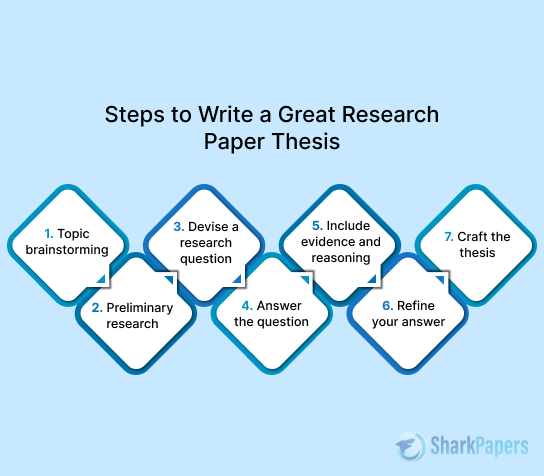

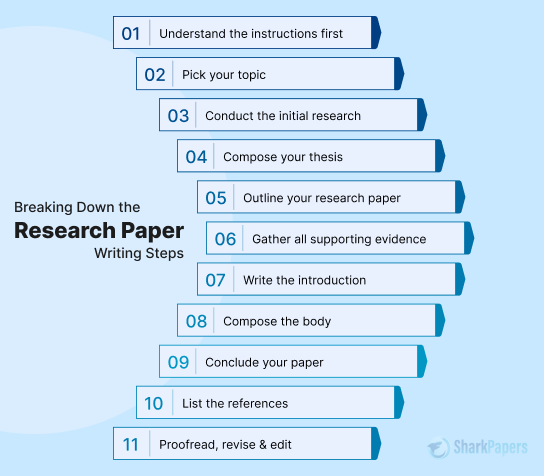






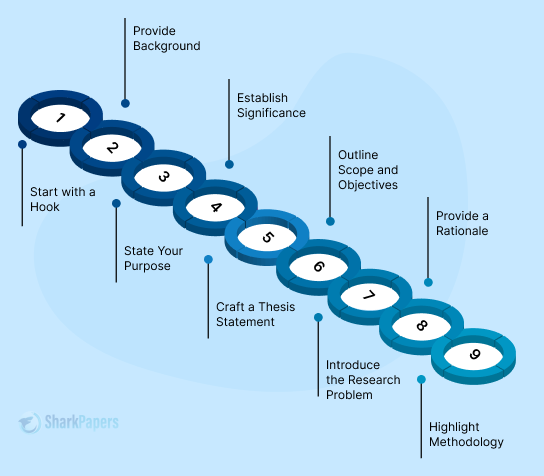
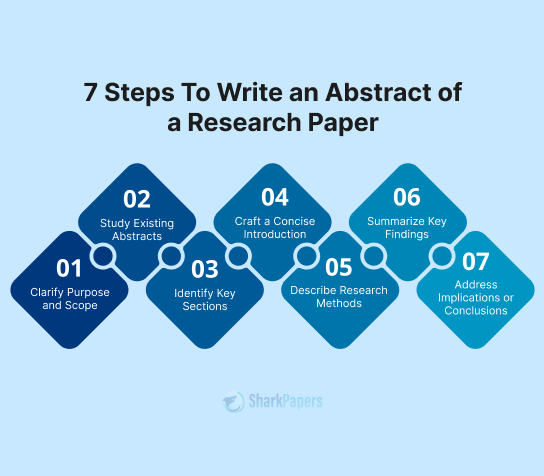
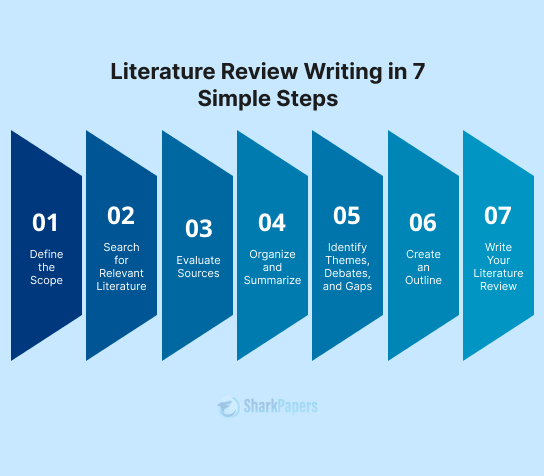
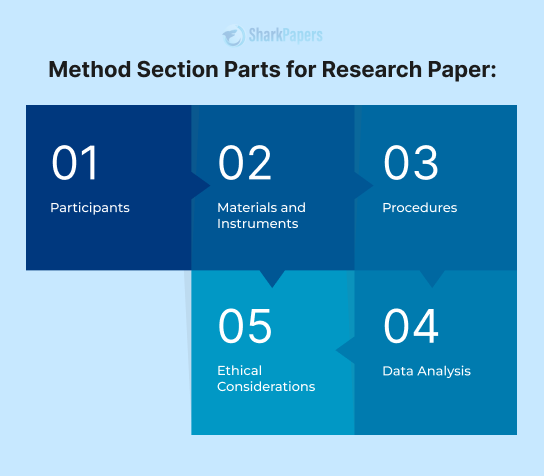
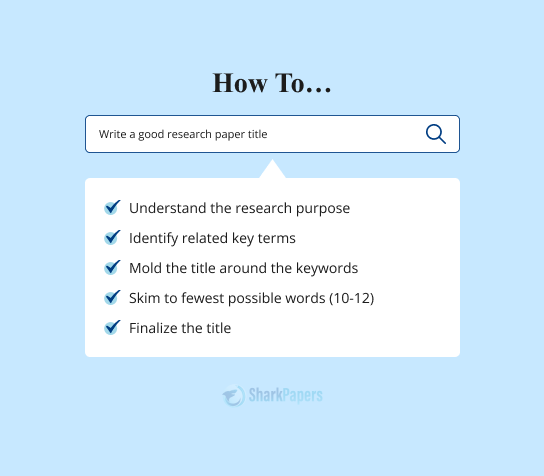
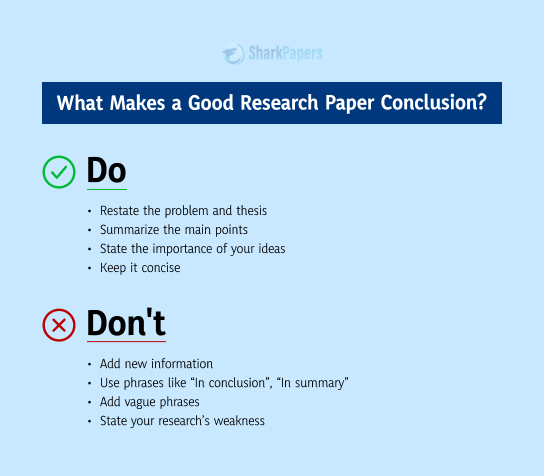
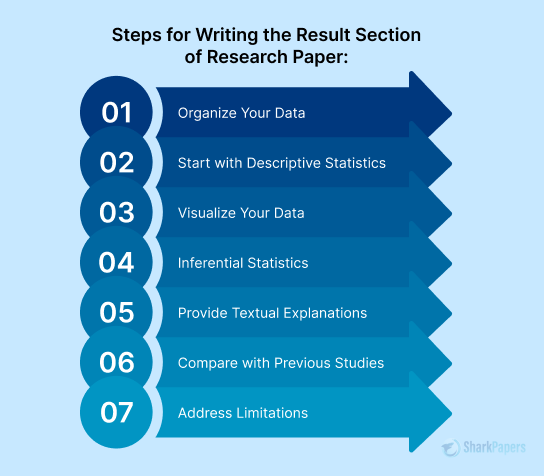
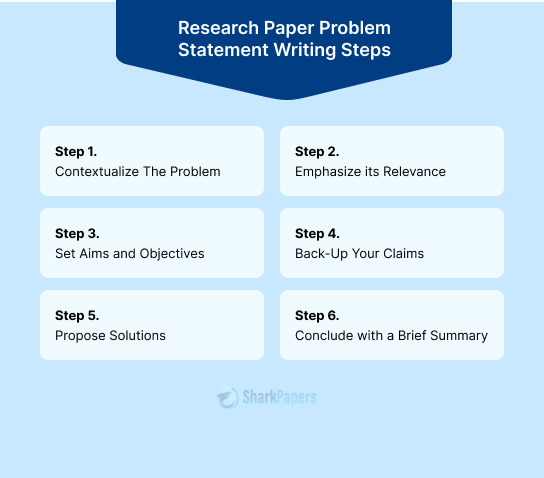
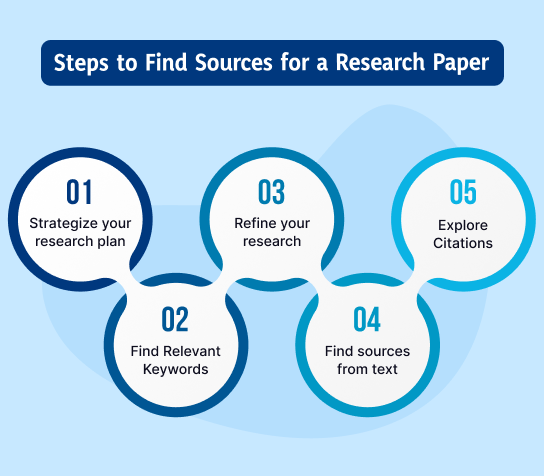
)
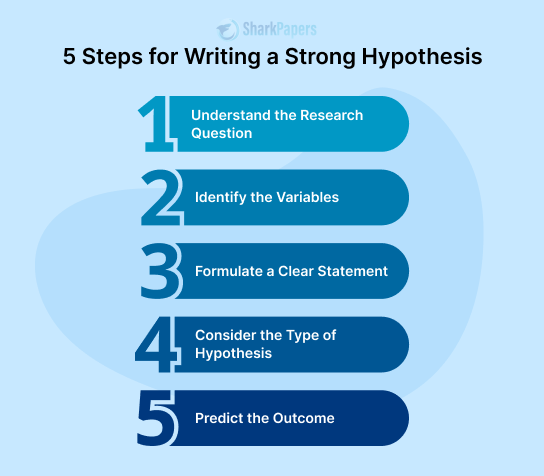
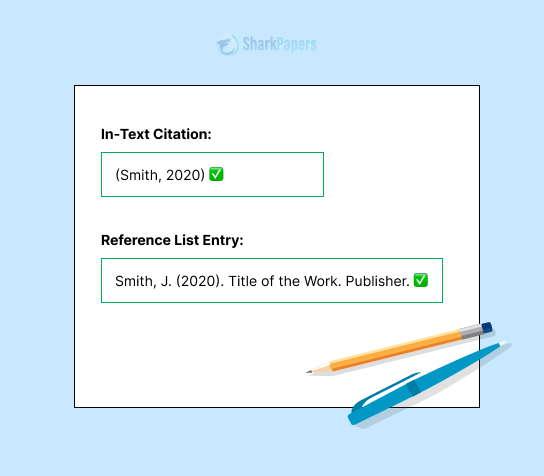
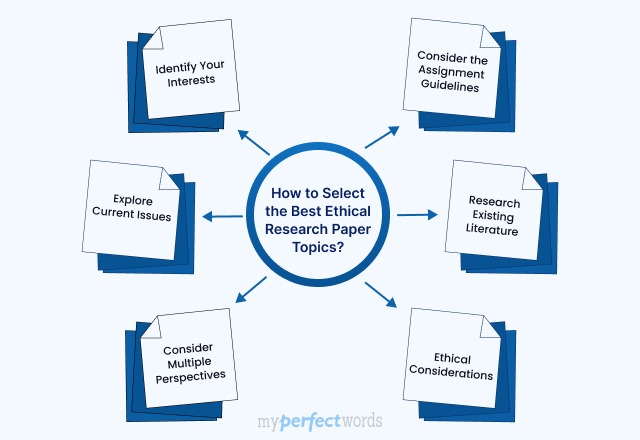
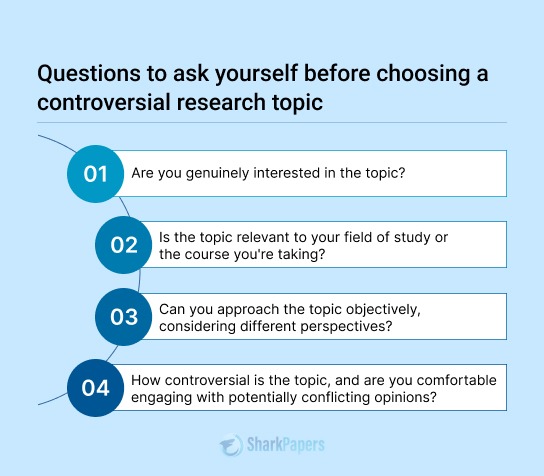
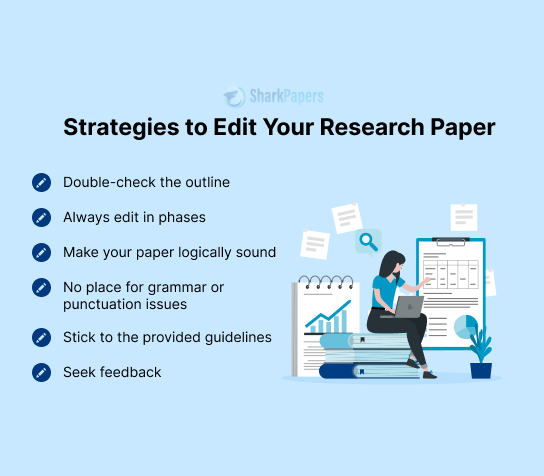
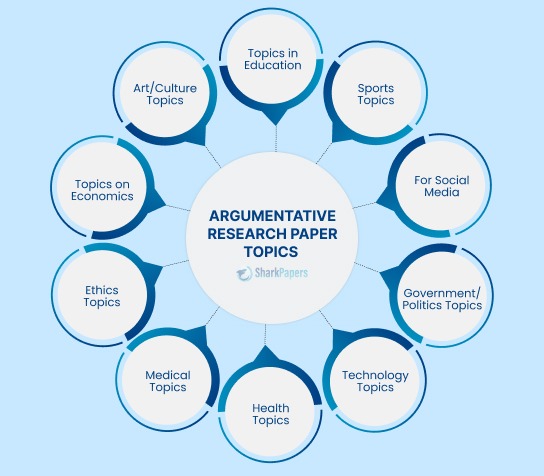
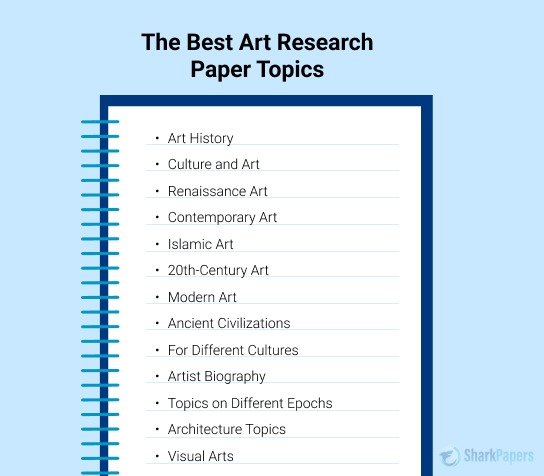
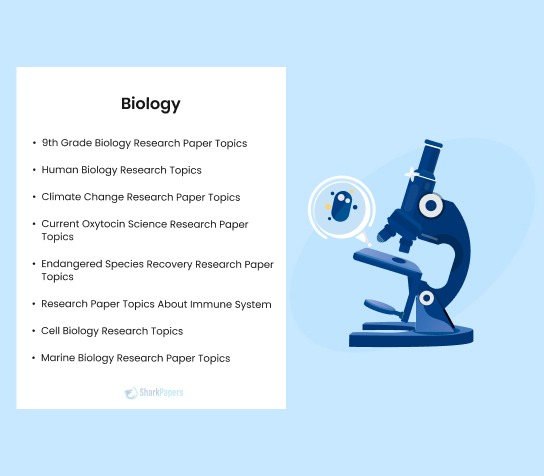
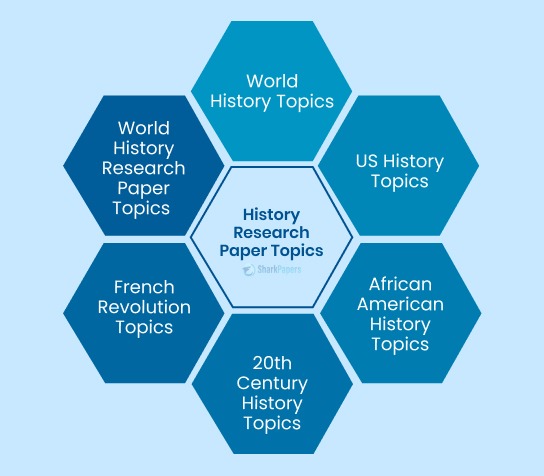
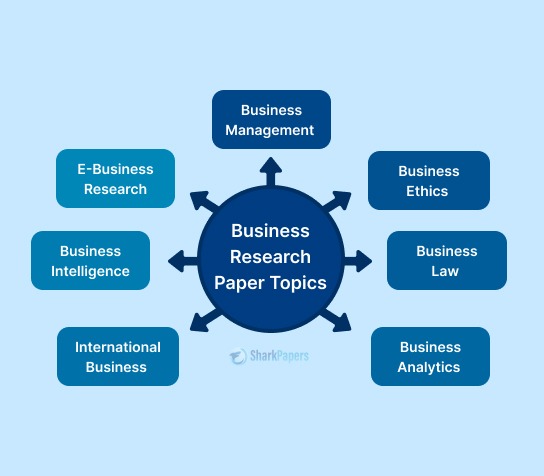
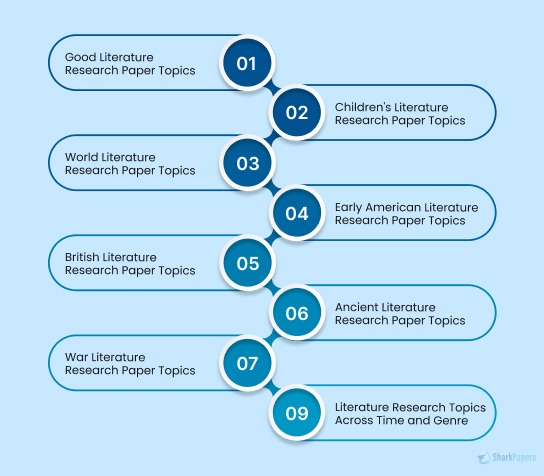
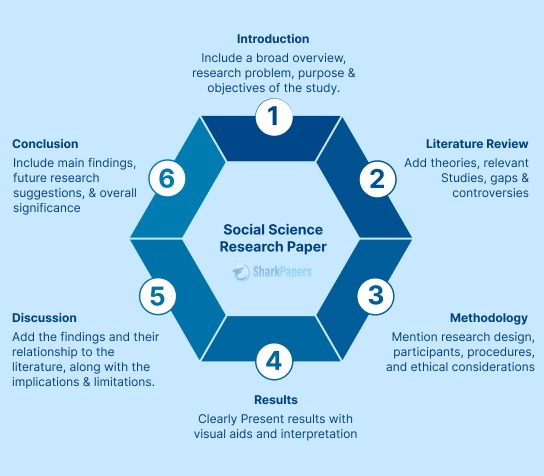
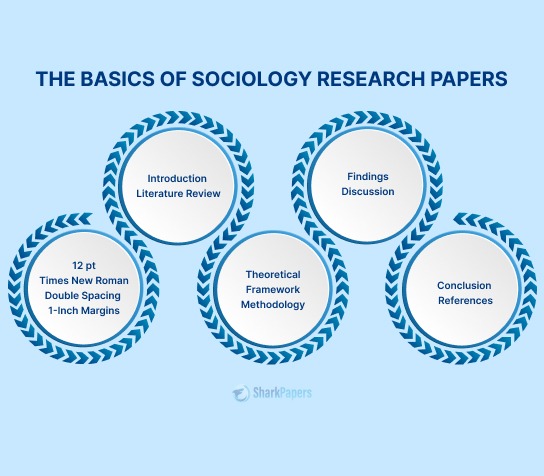
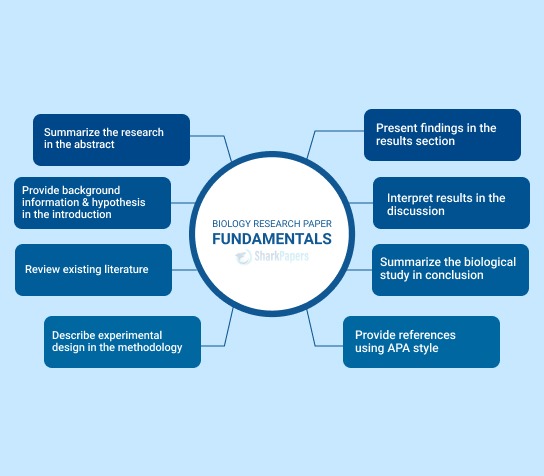
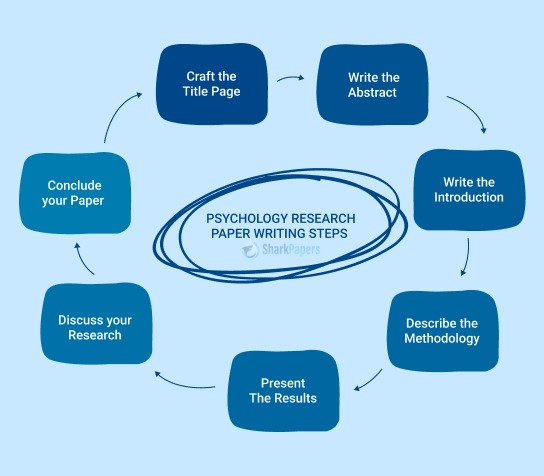
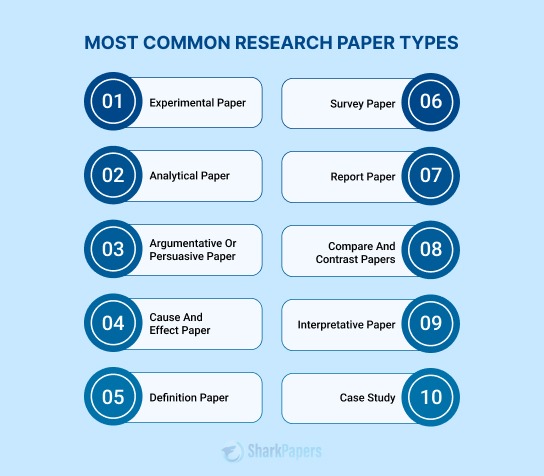

















-12114.jpg)














 Not seeing it? Check Promotions or Spam — inboxes get protective.
Not seeing it? Check Promotions or Spam — inboxes get protective.